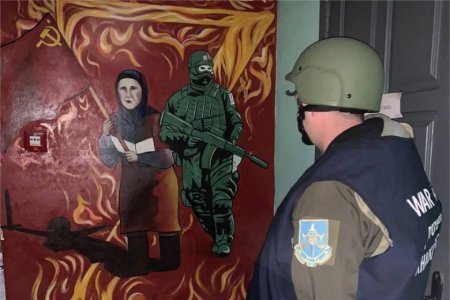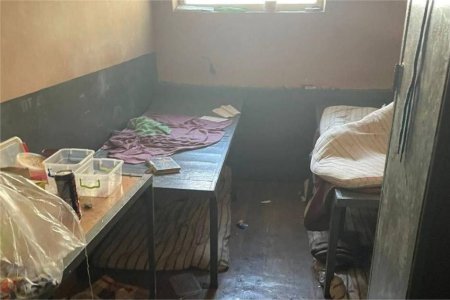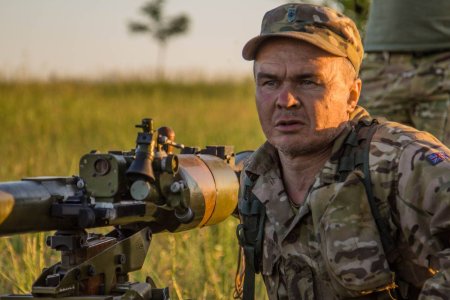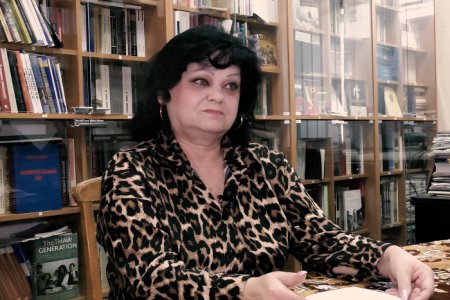On the morning of February 24, I went to the pharmacy and saw a huge line. Then, I went to withdraw money from an ATM, but there was also a line. And then they told me: “Hanna, the war has begun, don’t you know?!” I went to my fourth floor, and my neighbor called and said, “I will give you two minutes to get ready. We are going to the private sector and taking you with us.”
I ran out of the apartment wearing what I had on and never returned. On the third of March, at about two o’clock in the afternoon, the Russians dropped a bomb on my house. The apartment burned down. And the neighboring ones, the second and third entrances, were completely demolished. Later, I didn’t even go up there because everything could collapse.
In total, 32 people died in my building. In the second entrance, a family died — a man and a woman. They were crushed under the slab. They say they were buried here somewhere in the same coffin.
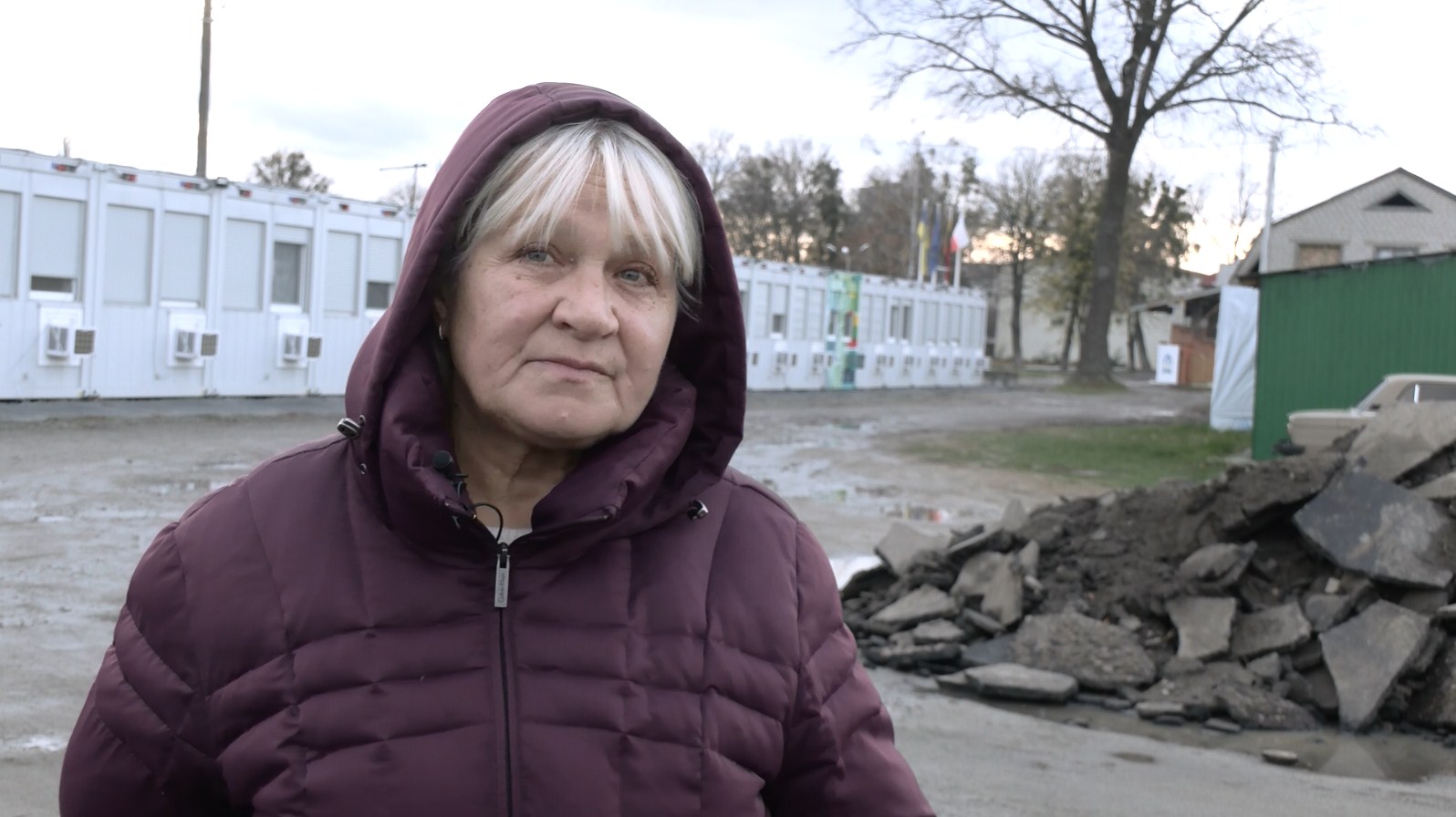
There were also many dead in the neighboring nine-story building. Their bodies lay on the sidewalk, and the Russians did not even allow to bury them.
When my house was bombed, I was living in the private sector with friends. We mostly hid in the cellar. Sometimes, we came out, but only for a few seconds. Because next to us, namely near the church, there was a Russian armored personnel carrier. It turned the barrel and fired at the private sector. Many houses burned down. It was a miracle that we survived.
Five people were killed in a neighboring house, and the Russians didn’t even allow them to call an ambulance. In the end, we decided to evacuate. We traveled with private drivers in several cars. First, we went to one village, then to another, and eventually, we were taken to the Ivano-Frankivsk region. My niece came there, and I lived with her for some time.
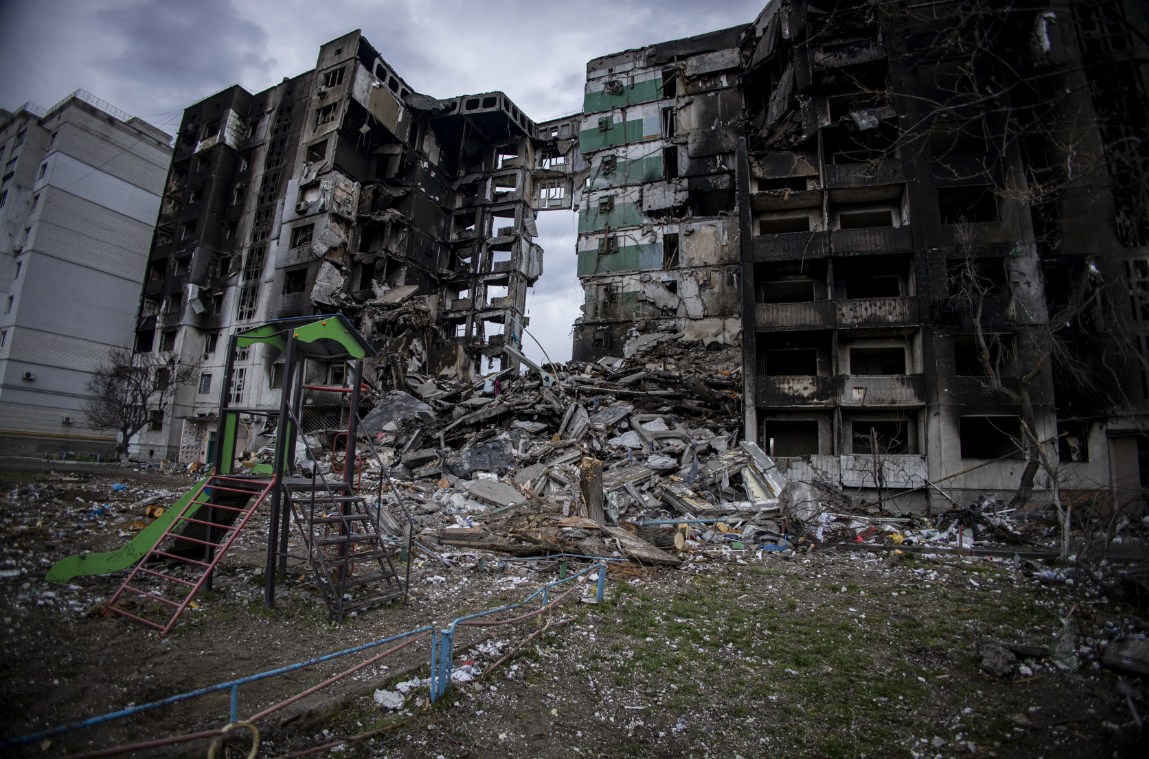
In Borodianka, there were Buryats and Chechens, among many others. They bombed everything: pharmacies, ATB, Fora, Privatbank, and a jewelry store; they destroyed everything. There was anarchy here, terrible tyranny. 80% of Borodianka has been destroyed. There are a lot of apartment buildings that can no longer be restored, particularly my house.
I believe that the Russians destroyed civilian objects and residential buildings on purpose. It was all planned. They knew there were people. If my neighbors hadn’t taken me, I would have had nowhere to go. The Russians bombed everything around them. They broke into apartments, pharmacies, and shops. They smashed and stole. It was a terrible mess here.
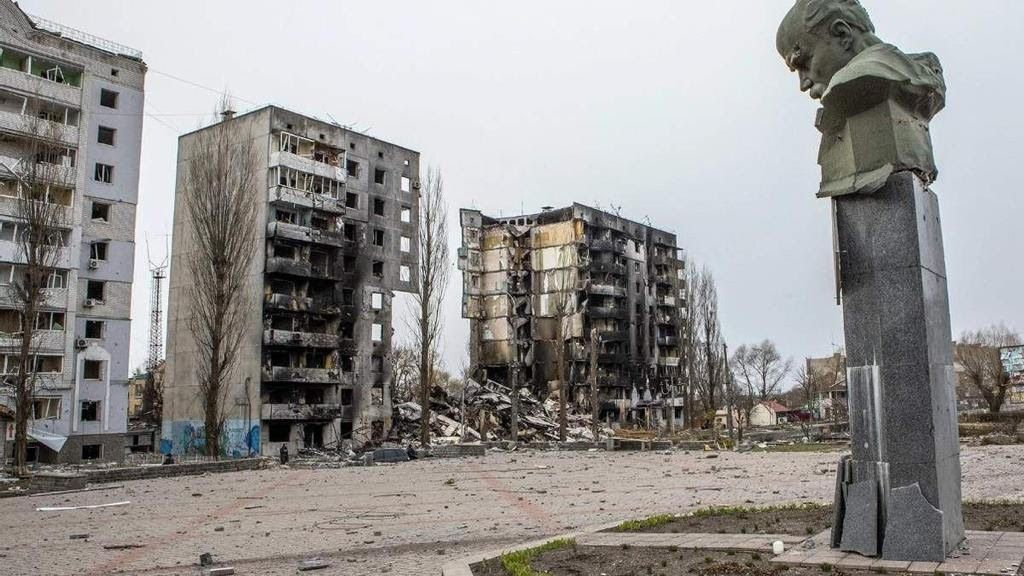
It is still unknown where some people from my house went. They left the apartments when there was a bombing and went missing. Where could they have gone? Some were shot, others may have been taken as prisoners. It is my guess. They are nowhere to be found —young, old, and children. There were cases where a person went out, just walked down the street, and they shot him in the back of the head.
I know that where we have a hospital and an outpatient clinic, the Russians raped a 14-year-old girl. There were 15 victims there, and they weren’t even allowed to bury them. When the Russians were standing here, they made a ditch and buried everyone there, and only when they left were people dug out of there. Their DNA was used for examinations, and later, they were reburied.
There was no escape. There was shooting and fire 24 hours a day. It was terrible, such a trauma that words cannot express it.
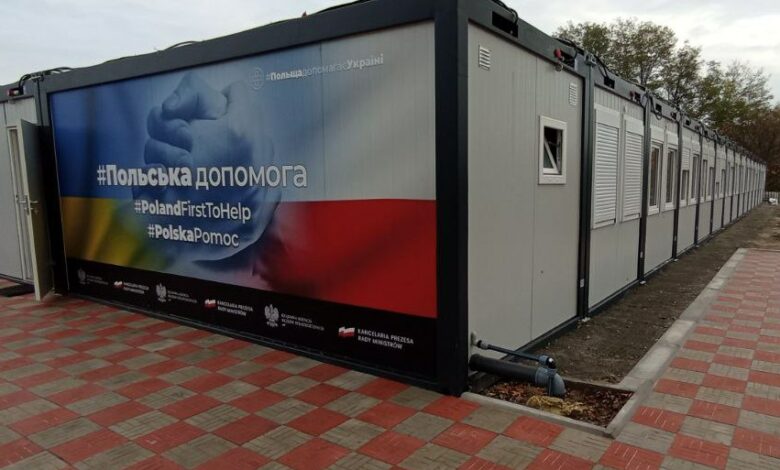
After returning to Borodianka, I live in a modular town. My house remains destroyed as it stands. They don’t do anything, and they say there are no funds. No future, no hope. Well, at least they could have said to wait a little longer, and everything would be fine. But no! I am a pensioner; I will be 70 years old in a few days.
I don’t know how long I will live in a modular town... It isn’t easy! It’s mentally difficult — depression, fear, and panic attacks. There is no one to rely on, and you must rely only on yourself. They say — hold on! And who should I hold on to if there is no one?
